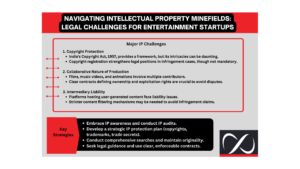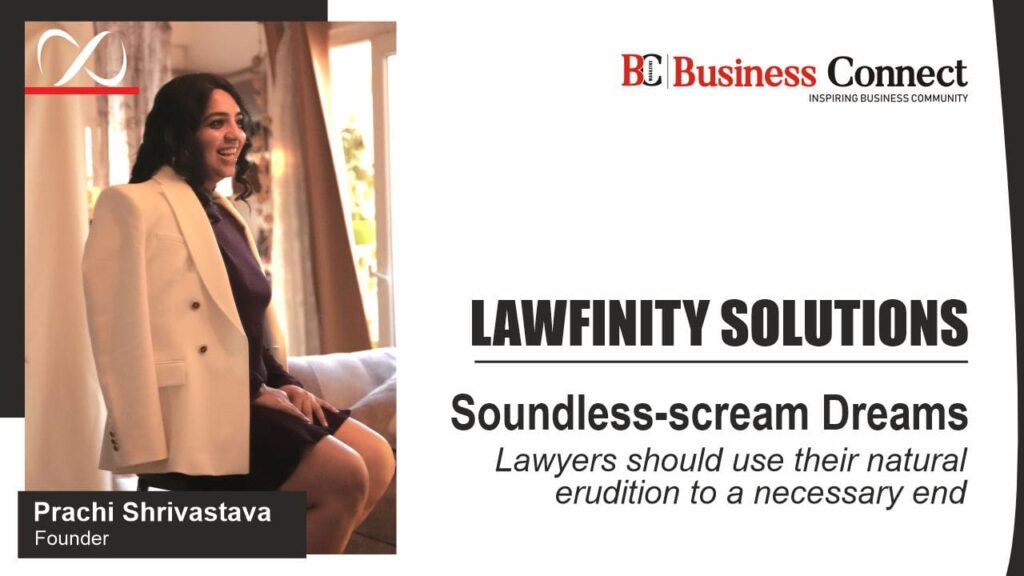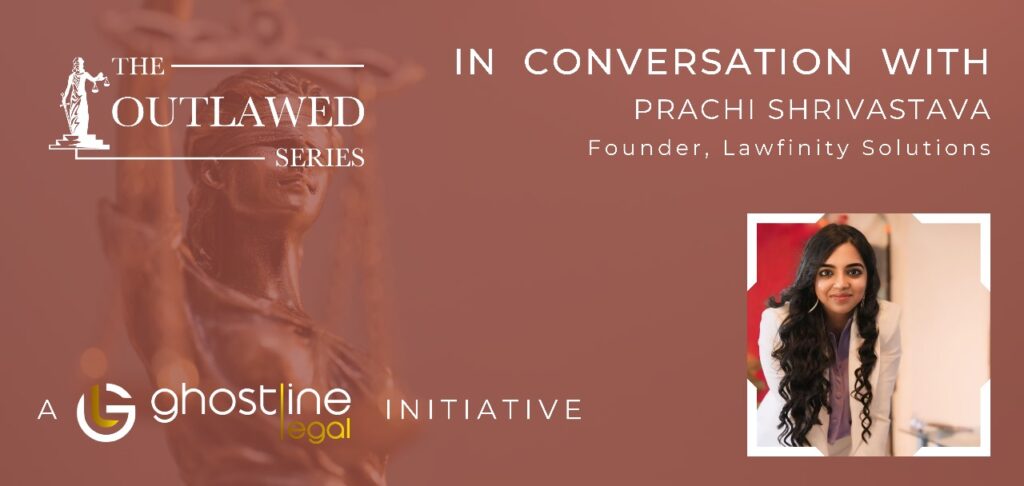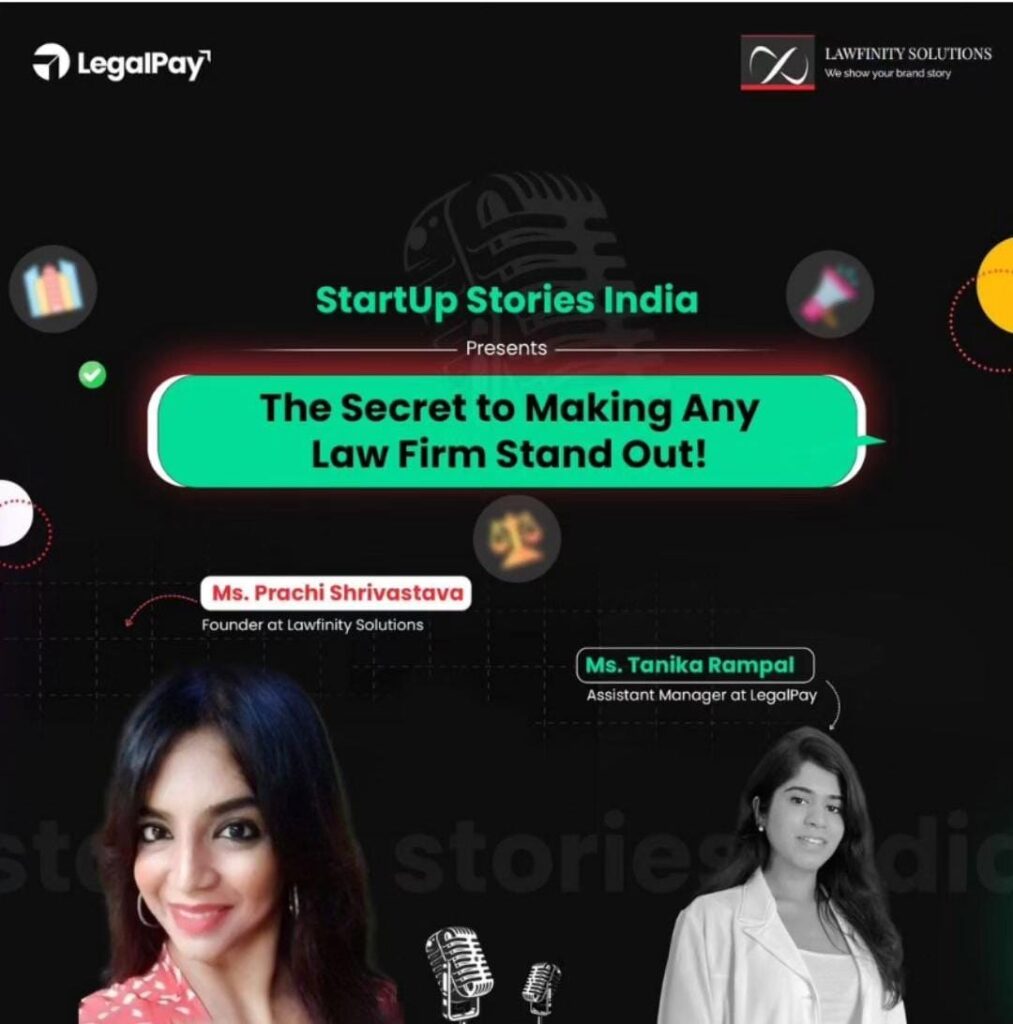
Entertainment startups have faced challenges, particularly when it comes to navigating the complex world of intellectual property (IP) rights. Unlike established players with dedicated legal teams, startups often find themselves grappling with a web of legalese that can stifle their creative and commercial potential.
One of the major hurdles lies in copyright protection. India’s Copyright Act, 1957, offers a robust framework for safeguarding original creations, but navigating its intricacies can be daunting for young startups. While copyright registration is not mandatory for protection, establishing ownership through registration strengthens a startup’s legal position in case of infringement.
Another challenge arises from the collaborative nature of entertainment production. Films, music videos, and animation often involve contributions from multiple artists, writers, and directors. Drafting clear contracts that define ownership and exploitation rights for each contributor is crucial. Ambiguous contracts can lead to disputes, especially when revenue streams from digital platforms and syndication become complex.
Despite these challenges, there are opportunities for startups to navigate the IP landscape successfully. Investing in legal counsel can provide guidance on copyright registration, contract drafting, and navigating potential disputes. Building awareness within teams about the importance of IP protection is crucial.
Case 1: The Copyright Conundrum of Short-Form Videos
A popular short-form video platform (The Company) with the annual revenue of Rs. 12 Crores, faced copyright infringement lawsuits from several music labels. The labels claimed by The Company allowed users to create and share videos incorporating copyrighted music without proper licensing. The Company argued that they functioned as a platform and were not liable for user-generated content under the provisions of the Information Technology Act, 2000 (Sec. 79).
Challenges: This case highlights the ongoing debate around intermediary liability for online platforms hosting potentially infringing content. While platforms like this popular short-form video have limited control over user uploads, they might need to implement stricter content filtering mechanisms to avoid copyright infringement claims.
Case 2: The Scriptwriting Showdown: Borrowing or Stealing?
An upcoming filmmaker, Sunil, sued a renowned production house for copyright infringement. Sunil claimed the production house’s new movie lifted the core concept and several scenes from her unpublished script. The production house argued the similarities were coincidental and stemmed from the common genre.
Challenges: This case exemplifies the difficulties in proving copyright infringement for unpublished works. The Company, without a registered copyright, faced an uphill battle. The case underscores the importance of copyright registration for creative works, even at early stages, to strengthen legal claims.
The key legal challenges entertainment startups face and offer strategies to navigate the complexities of IP:
Challenge 1. Identifying and Protecting Your IP: Difficulty lies in recognizing all the protectable aspects of your creative work, such as copyrights, trademarks, and trade secrets, and then taking the necessary steps (registration etc.) to secure those rights.
Solution:
Embrace a Culture of IP Awareness: Foster a company culture where everyone understands the importance of IP. Educate employees and collaborators on the different types of IP and how they might be present in your projects. This can be achieved through workshops, internal presentations, or incorporating IP awareness into onboarding processes.
Conduct IP Audits: Regularly conduct internal IP audits. These reviews involve analyzing your creative works to identify potential copyrights, trademarks, and trade secrets. An entertainment lawyer can guide this process, ensuring a comprehensive evaluation and helping to categorize your protectable IP.
Implement a Strategic IP Protection Plan: Based on the IP audit findings, develop a strategic plan for securing your rights. This might involve:
- Copyright Registration: For original creative works like scripts, music compositions, or game designs, copyright registration with the copyright office strengthens your ownership claims and simplifies enforcement in case of infringement.
- Trademark Registration: For distinctive branding elements like logos, character names, or slogans, trademark registration provides exclusive national protection. This prevents others from using confusingly similar marks that could mislead consumers.
- Trade Secret Protection: For confidential information that gives your startup a competitive edge, take steps to safeguard it. This includes implementing NDAs with employees and contractors, restricting access to sensitive information, and having clear policies around data security.
Challenge 2. Avoiding Infringement: Entertainment is a crowded field, and ensuring your ideas don’t unintentionally copy someone else’s established IP (characters, storylines, etc.) requires thorough searches and potentially legal guidance.
Solution:
Conduct Comprehensive Searches:
- Pre-development Searches: Before investing significant time and resources, commission a thorough trademark and copyright search by a qualified legal professional. This search should target:
- Copyright Registrations: Check the Indian Copyright Office database for registered works similar to your concept (e.g., scripts, musical compositions, character designs).
- Trademark Registrations: Search the database for trademarks that might conflict with your brand name, logos, or character names. Industry-specific databases for character designs or music copyrights might also be relevant.
- Publicly Available Works: Search published works (books, movies, games) for characters, storylines, or elements that could be confused with yours.
- Develop a Culture of Originality:
- Brainstorming Techniques: Encourage creative teams to brainstorm freely, but utilize techniques that minimize subconscious copying. For example, avoid referencing competitor works directly and focus on mood boards or reference materials from outside the target genre.
- Maintain Clear Documentation: Create a paper trail for your creative process. Date and timestamp concept art, scripts, and other creative materials. This documentation can be crucial in demonstrating independent creation if infringement claims arise.
- Seek Legal Guidance When Necessary:
- Consulting an Entertainment Lawyer: Early consultations with an entertainment lawyer are invaluable. They can review search results, assess infringement risks, and advise on strategies to differentiate your concept.
- Clearance Agreements: If certain elements pose potential infringement concerns, a lawyer can help negotiate licensing agreements with the rights holder. This allows you to use the IP legally for a specified fee.
Challenge 3. Employee and Contractor Agreements: Collaboration is common in entertainment, but clear contracts with creators are essential. These agreements should define ownership of IP created during work and protect trade secrets through non-disclosure agreements (NDAs).
Solution:
Defining Ownership of Work-Made Creations:
- Employment Contracts: For employees, standard employment contracts should explicitly state that all IP created within the scope of their job duties becomes the property of the company. This includes scripts, designs, characters, and other creative works.
- Independent Contractor Agreements: For freelancers and independent contractors, independent contractor agreements should address ownership of IP. Here, you have two options:
- Work-Made for Hire: This clause specifies that any IP created for the specific project becomes the company’s property upon completion or payment.
- Assigned Ownership: This approach allows the contractor to retain ownership but grants the company a license to use the work for the agreed-upon purpose.
- Protecting Trade Secrets:
Trade secrets are valuable confidential information that give your company a competitive edge. To safeguard them:
- Non-Disclosure Agreements (NDAs): Both employees and independent contractors should sign NDAs. These agreements legally bind them from disclosing confidential information to unauthorized parties.
- Invention Assignment Agreements: For situations where employees or contractors contribute to the development of a trade secret, consider having them sign invention assignment agreements. These agreements formally assign ownership of the trade secret to the company.
- Ensuring Clarity and Enforceability:
- Seek Legal Counsel: Drafting legally sound contracts is crucial. Partner with an entertainment lawyer who can customize agreements to fit your specific needs and ensure they are enforceable in your jurisdiction.
- Specificity is Key: Clearly define the scope of work, the deliverables expected, and the ownership rights associated with each creation.
Conclusion:
Entertainment startups face a complex landscape of intellectual property (IP) challenges. From copyright protection to avoiding infringement and managing creator contracts, navigating these hurdles can be daunting. However, with the right strategies, startups can thrive. Embrace a culture of IP awareness through internal education and IP audits. Develop a strategic IP protection plan that includes copyright registration for creative works, trademark registration for branding elements, and trade secret protection for confidential information. To avoid infringement, conduct comprehensive pre-development searches and cultivate a culture of originality with brainstorming techniques and clear documentation. Seek legal guidance when necessary, and leverage clearance agreements when needed. Finally, ensure clear and enforceable contracts with creators by defining ownership of work-made creations and protecting trade secrets with NDAs and invention assignment agreements. By prioritizing these strategies and working with experienced legal counsel, entertainment startups can navigate the IP landscape with confidence and focus on bringing their creative visions to life.









